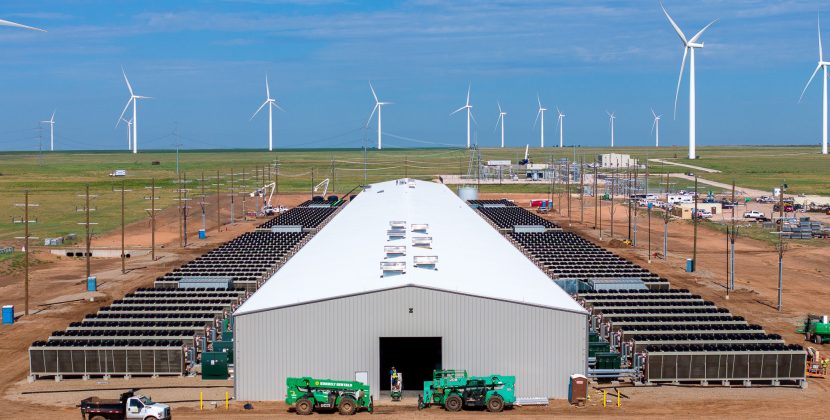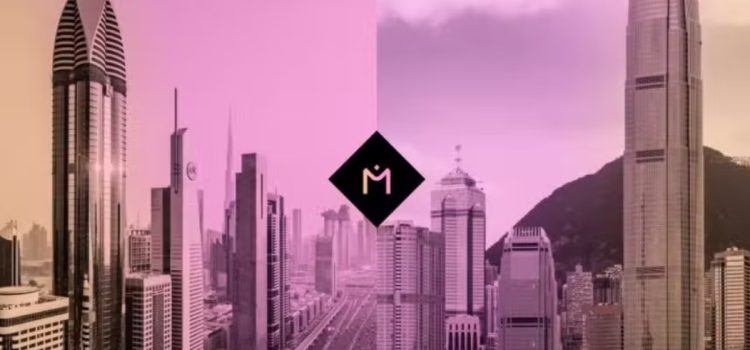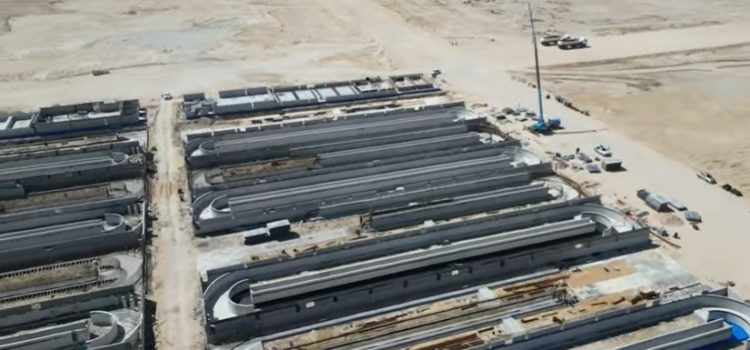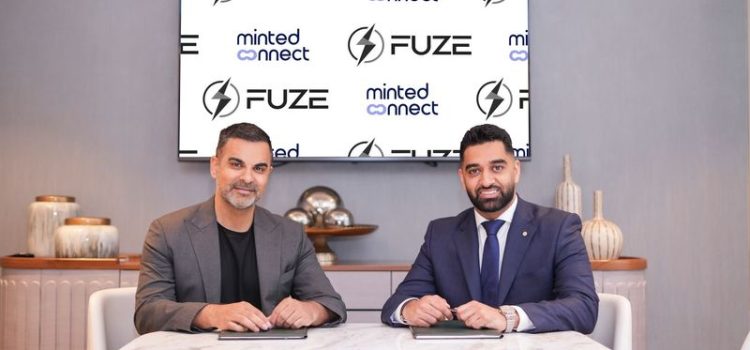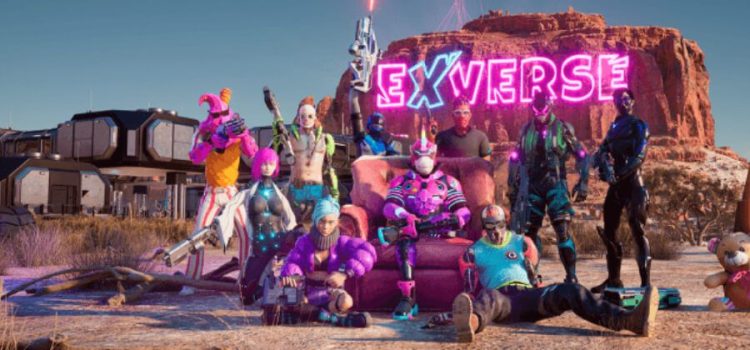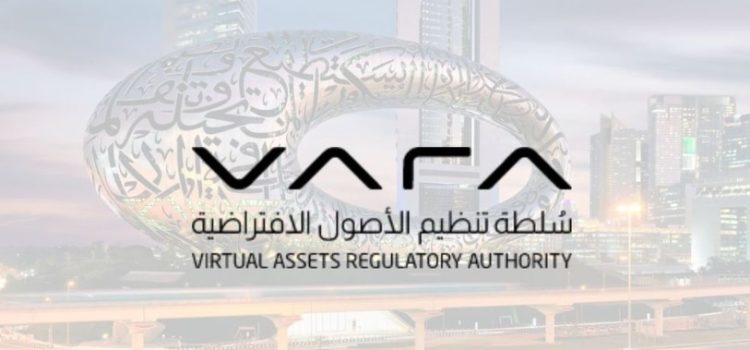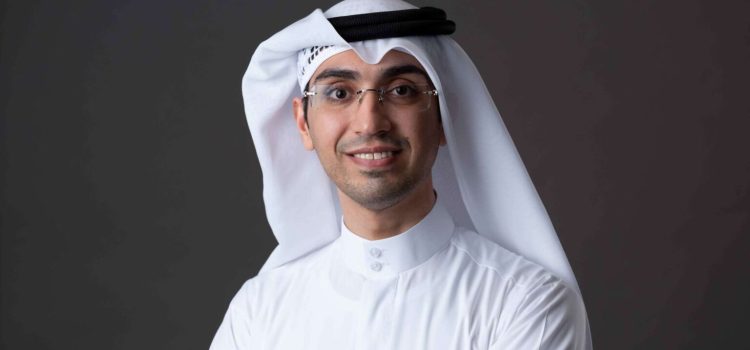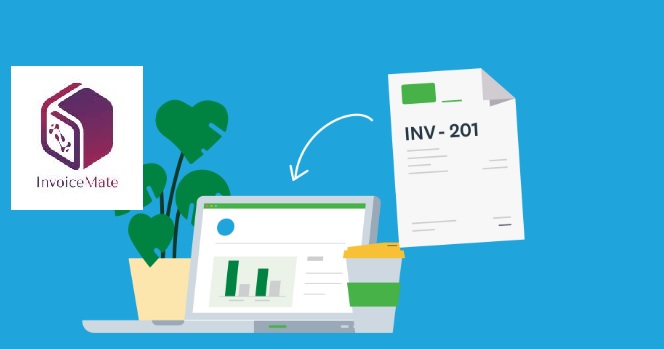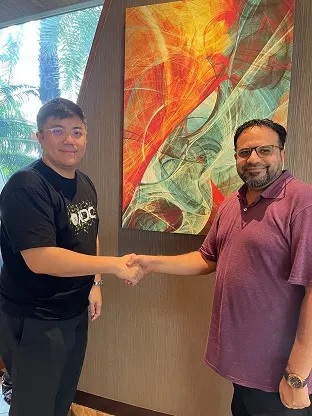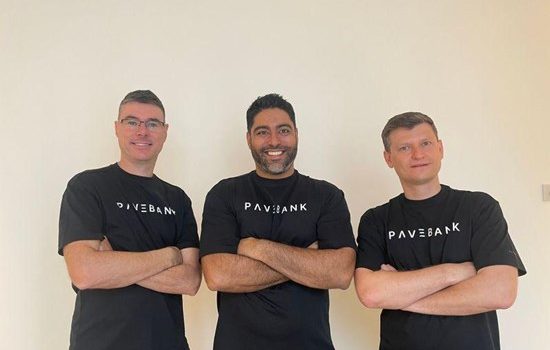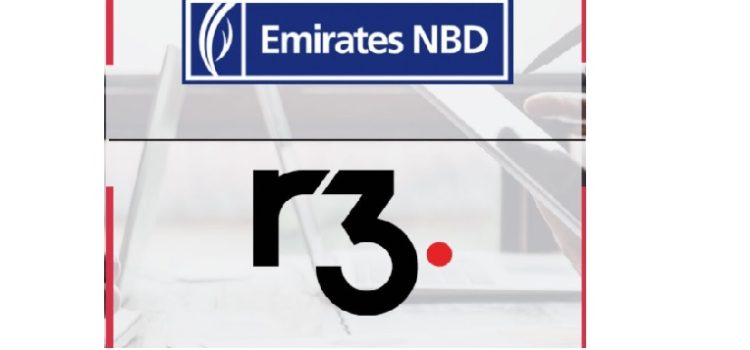
Layer 1 blockchain, MANTRA has announced that it has applied for a license in both the UAE and HongKong as it aims towards making real world asset tokenization mainstream.
MANTRA’s layer1 blockchain, known as MANTRA Chain, is designed to facilitate the issuance and trading of tokenized RWAs. MANTRA is on a mission to onboard financial organizations and other commercial enterprises that seek to tap into the many benefits tokenized RWAs have to offer.
As per the press release, by obtaining its first financial licenses in the UAE, MANTRA aims to position itself at the forefront of the rapidly evolving RWA sector throughout the Middle East and Asia. MANTRA’s 2024 goal is to tokenize a diverse portfolio of assets including real estate, private market funds, private equity, art, and treasuries.
MANTRA CEO John Patrick Mullin stated, “Our vision is to spearhead the tokenization of Real-World Assets and set a global standard for security, compliance, and innovation. This will create a sustainable ecosystem for developers and institutions. By securing our foothold in strategic, crypto-friendly markets like Asia and the UAE, we’re not just navigating the future but actively building it. MANTRA will bridge the longstanding divide between traditional financial systems and the blockchain space, democratizing access to wealth and opportunity on a scale never seen before.”
In recent weeks, MANTRA has made headway in decentralizing its network, securing worldwide validator support. The imminent launch of the final MANTRA testnet, known as Hongbai, symbolizes a synergistic blend of Hong Kong and Dubai influences. Its deployment will be a pivotal step towards MANTRA Chain becoming the first RWA layer 1 on Cosmos.
The UAE is set to witness the launch of a large scale real estate blockchain tokenization project called Desert Pearl. Dubai based tokenization consultancy company, DDX, which is involved in both real estate and gold tokenization projects announced Desert Pearl.

